Proxies are undeniably helpful for any business, whether it is a small startup or a large enterprise. It offers numerous benefits, especially for businesses engaging in various online activities, such as web scraping and price monitoring.
However, there are numerous proxy types available, so it can be tough for business owners to determine which type is most suitable for their needs.
With that said, in this article, you’ll discover the various proxy types and what they have to offer, as well as helpful tips that can guide you in choosing the right proxy type for your business.
What Are Proxies?
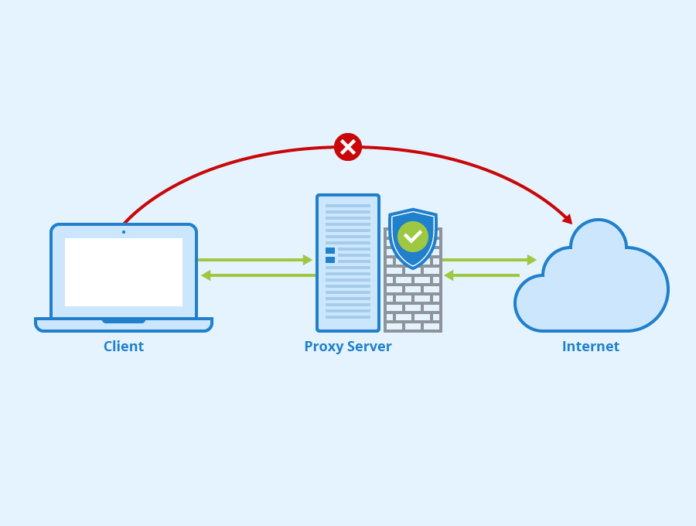
Proxy servers, or simply proxies, serve as intermediaries between you and the webpage you are accessing. Certain proxy types can also mask some of your personal information, such as your location and IP address.
Because of this, you won’t just enjoy a higher level of security while conducting your online activities, but using proxies can also help you bypass restrictions, such as geo-blocking, on online content.
For example, if you are trying to access geo-restricted content in Russia, you can use a Russian proxy to avoid blocking. For more information about the Russian proxy, check here.
As a result, you can experience everything the internet has to offer, allowing you to improve your business strategies and further expand your company.
Common Proxy Types for Businesses
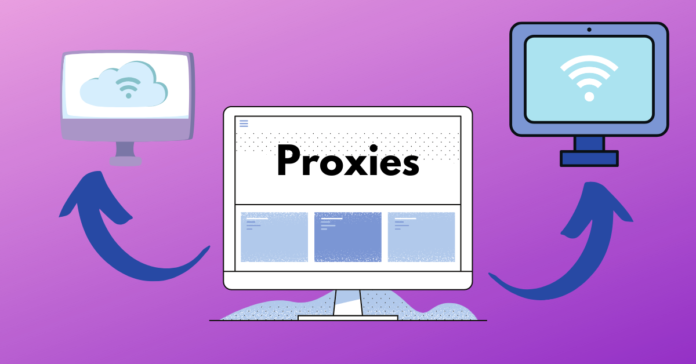
For business owners such as yourself, choosing the right proxy type can be quite a challenge. After all, there are numerous options available, but not all are suitable for business purposes.
With that said, here are some of the common proxy types for businesses.
1. Residential Proxy

Residential proxy servers are tied to an actual device or location, making the chances of getting blocked or banned less likely.
This is ideal for businesses because of its higher level of security and authenticity, making it appear as if the traffic is coming from an actual web user. Of course, it tends to be more expensive as well, so it might not be a suitable option for businesses with tight budgets.
2. Datacenter Proxy
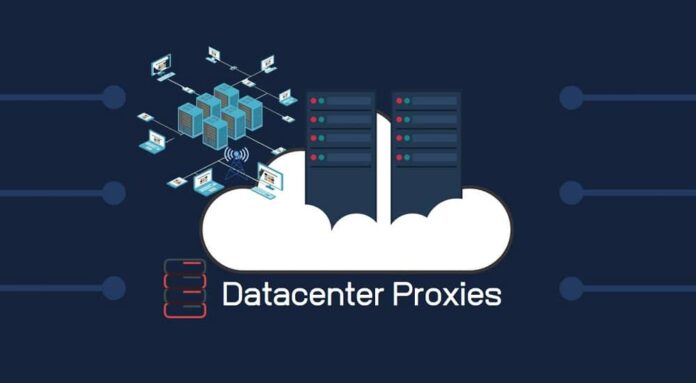
On the other hand, a datacenter proxy is a more affordable alternative because this proxy type is hosted on a virtual server or “data center.”
Because of this, proxy providers can offer numerous data center proxies to their clients without them worrying about paying a high amount of money.
However, the downside is that since the traffic generated from these proxies isn’t as “authentic” as residential proxies, the chances of being blocked or banned by websites are significantly higher.
3. HTTP Proxy
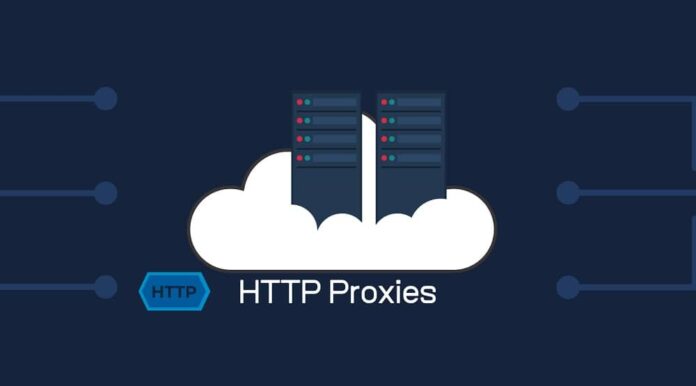
Another common proxy type for businesses is the HTTP proxy. It is a versatile proxy type that businesses can use for multiple purposes – from securing their online activities to limiting access to websites at the office.
This proxy type uses the HTTP protocol to work and is relatively easy to implement and integrate into your business operations.
4. SOCKS5 Proxy
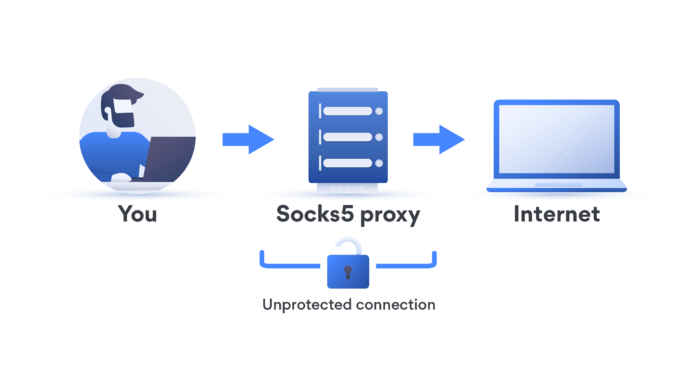
The SOCKS5 proxy is another proxy type that businesses can use for their operations. It uses the latest SOCKS protocol to operate, allowing enhanced security for your business’s online activities.
Aside from this, this proxy type allows for more reliable and relatively faster connection speeds, making it ideal for businesses that depend on fast internet speeds to function.
A SOCKS5 proxy is also beneficial for getting around internet blocks, such as geo-blocking, so that you can scrape information from the web with ease. It is different from the other proxy types as a SOCKS5 proxy offers an overall better performance than the others.
The proxy types mentioned above are just some of the most commonly used ones for businesses, and more options are available.
Choosing the Right Proxy Type for Your Business
Since there are various proxy types available, it can be tricky to choose the right one. So, how do you select the right proxy type for your business?
Identify your business needs

When choosing a proxy type, it is vital to understand your unique needs as a business. Therefore, you should evaluate what’s on top of your priority list – is it enhanced security or anonymity? Or do you need a proxy type that can help you bypass restrictions?
Whether it is one or all of the above, identifying your business’s needs is crucial to choosing the right proxy type.
Consider your budget

Your budget is another factor to consider when finding the right proxy type. Some proxies, like residential proxies, tend to be costlier than others because of the added benefits you can enjoy. However, if you are on a tight budget, expensive proxy types may not be ideal for your business.
Of course, there are free options for proxies available as well, but they’re generally not recommended as they tend to pose more security risks than paid versions.
Find a reliable proxy service provider
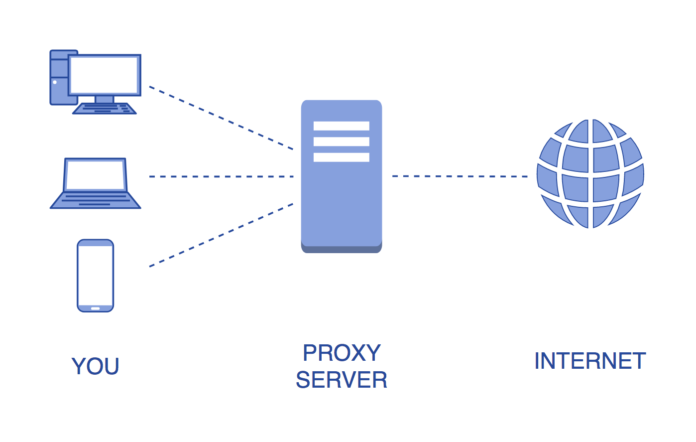
Once you know what you need and how much you can allot in your budget for a proxy, you will now need to find a service provider who offers your preferred proxy type.
However, aside from ensuring they offer your proxy type of choice, you need also to guarantee that they’re reliable providers. Going for a company that offers low-quality proxies may only do more harm than good to your business.
Final Thoughts
Whether it is a residential or SOCKS5 proxy, integrating a suitable proxy type into your business operations will undoubtedly be beneficial.
Aside from offering you enhanced protection from would-be hackers, proxies can also help improve your business operations and overall workplace productivity.Of course, choosing the right proxy type for your business is a lot easier said than done.
However, with the tips mentioned above and a deeper understanding of the common proxies for businesses, you can make a more informed decision when selecting a suitable proxy type.





